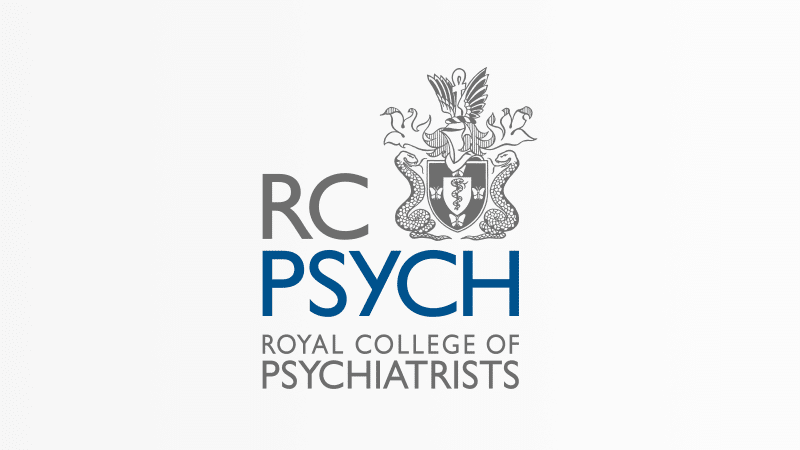Kim Leadbeater’s assisted suicide Bill has been dealt another blow after the Royal College of Psychiatrists (RCPsych) announced it cannot support it.
One of the so-called safeguards in the legislation is that applications for assisted suicide will be dealt with by a three-person panel including a lawyer, a social worker, and a psychiatrist. This was only introduced because the judiciary said High Court involvement was not practical.
Now, ahead of Friday’s debate in the House of Commons, Dr Lade Smith, the President of the RCPsych, has announced that despite the psychiatrists’ professional body’s official stance remaining ‘neutral’, it cannot support the Bill “as it stands”, and urged MPs to prevent the “inadequate” proposals from becoming law.
‘Not a treatment’
In a statement, RCPsych outlined a number of concerns, and said that “Assisted dying/Assisted suicide (AD/AS) is not a treatment”, adding: “AD/AS does not aim to improve a person’s health and its intended consequence is death. The Bill does not specify whether AD/AS is considered a treatment option and this ambiguity has major implications in law in England and Wales. Should this Bill proceed, it should be explicit that AD/AS is not a treatment option.”
It also highlighted that terminal illness is a known risk factor for suicide, and questioned what role a psychiatrist would play on the three-person panel, explaining: “If this Bill proceeds in England and Wales, any role a psychiatrist plays in an AD/AS process should be consistent with the core duties of the profession, including determining whether a person’s wish to die can be remedied or treated.”
It added that “there are not enough consultant psychiatrists to do what the Bill asks”, and that this is compounded by the fact some psychiatrists will choose to conscientiously object – a right that RCPscyh said must be strengthened.
“Professionals must be able to conscientiously object to involvement in any part of the process: We are pleased to see that the Bill no longer requires medical professionals who do not wish to be involved to refer a person to another clinician, but they are still required to signpost patients to information on AD/AS. For some psychiatrists who wish to conscientiously object, this would constitute being involved in the AD/AS process.”
‘Inadequate proposals’
Dr Smith said: “After extensive engagement with our members, and with the expertise of our assisted dying/assisted suicide working group, the RCPsych has reached the conclusion that we are not confident in the Terminally Ill Adults Bill in its current form, and we therefore cannot support the Bill as it stands.
“It’s integral to a psychiatrist’s role to consider how people’s unmet needs affect their desire to live. The Bill, as proposed, does not honour this role, or require other clinicians involved in the process to consider whether someone’s decision to die might change with better support.
“We are urging MPs to look again at our concerns for this once-in-a-generation Bill and prevent inadequate assisted dying/assisted suicide proposals from becoming law.”
Dr Annabel Price, who has been examining the Leadbeater Bill for the RCPsych, said: “The College has spent decades focused on preventing people from dying by suicide. A significant part of our engagement on this Bill to date has been to point out that people with terminal physical illnesses are more likely to have depression. Terminal illness is a risk factor for suicide, and unmet needs can make a person’s life feel unbearable. But we know that if a person’s situation is improved or their symptoms treated, then their wish to end their life sooner often changes.”
Lack of support among GPs
More GPs oppose assisted suicide than support it, a survey by the BBC* has found, with around half of the 1,000 respondents saying they oppose a change in the law, with only around 40 per cent in favour.
Among those who do not want to see assisted suicide legalised, nine in ten said they feared terminally ill patients would consider it because they would not want to be a burden on family, caregivers or the NHS.
More than eight in ten felt that it would result in patients being coerced to end their lives, and over three quarters felt that the law would be gradually extended over time. Seven in ten also felt that if improvements were made to palliative care, there would be no need for such a law.
*The BBC stated in its article: “We cannot know whether the GPs who responded to the BBC are representative of all family doctors.”

Killing thousands could save NHS millions, Govt estimates
Leadbeater’s assisted suicide Bill ‘not compatible’ with human rights
Labour MPs urge colleagues to reject Leadbeater’s ‘dangerous’ assisted suicide Bill
RC Archbishop: ‘Assisted suicide Bill could create a national death service’

